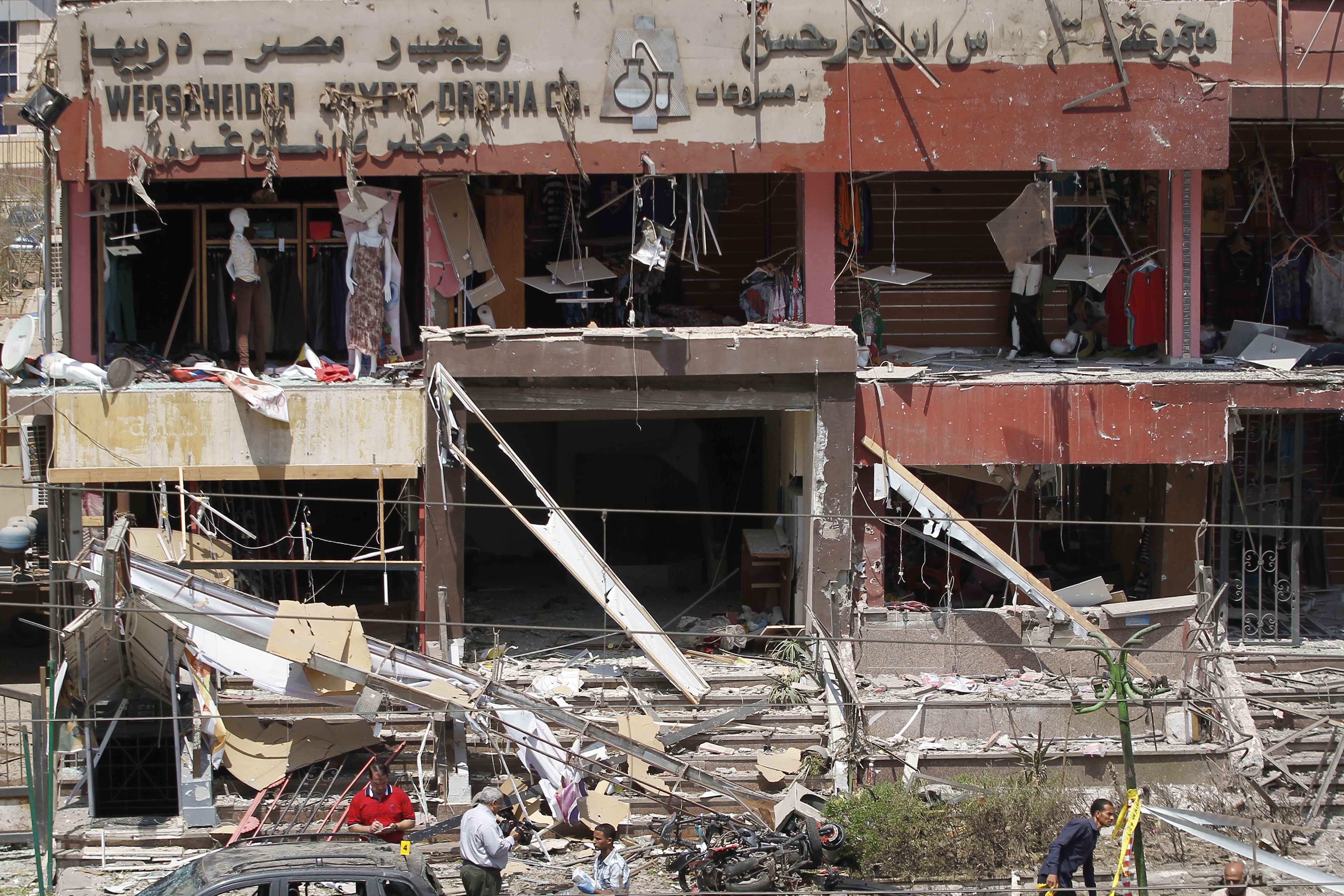CAIRO: An Egyptian medical discovery may assist in the early detection of bladder cancer (urinary malignant lesions) and bilharzias chronic cystitis at low cost.
A group of doctors conducted a study in Kasr El Aini Hospital from April 2002 to 2005 to determine the value of urinary CEA levels in initial diagnosis and follow-up of patients with bladder cancer, and also to identify lesions in patients with bilharzias chronic cystitis.
Carcinoembryonic Antigen (CEA) is a protein in blood serum that is released if there is a tumor in the body.
This relatively new finding is usually used to detect some cancers and monitor treatment of cancer patients, but since not all types of cancer produce CEA and since tumors at an early stage may produce low levels of CEA this method cannot be used to screen the general public.
For that reason discovering CEA levels in urine and its correlation with bilharzias and bladder tumors makes this a breakthrough in testing techniques as it can detect disease at early stages and cheaply.
“This is new information and therefore has much value says leader of the research team Gamal Saied, oncology at Kasr El Aini and professor at Cairo University.
CEA levels in urine can be used as an alternative to urinary cytology for industrial screening especially in countries with epidemics like Bilharzias.
When a patient suffers from tumor or inflammation, the destruction and regeneration of urothelical cells might release CEA in the urine. After eliminating infection probabilities, high CEA levels can be attributed to bladder cancer.
The study also revealed a positive direct relationship between the stage of malignancy and the level of urine CEA (the higher the CEA, the later the stage of malignancy) which is not the case for CEA found in blood serum.
“Therefore the real value of this new discovery is that it raises very high suspicion when CEA levels in urine go up, said Nazar R Dessouki a contributing researcher to the study and a consultant oncological surgeon in the UK.
But confirmation before treatment is still always needed, explained Dessouki, all patients must still be investigated by the conventional techniques of urinary bacteriology, cytology, intravenous pyelography and others to diagnose the disease.
Still, the easy conduction and economic cost of this test, makes it attractive. “It can be done anywhere, and in Egypt this urine test only costs LE 60, says Saied.
Used for testing in Egypt for four years, this research is already receiving international attention. The World Journal of Surgical Oncology has published this study.
It is worth noting that 90% medical articles and research submitted to reputable medical journals are rejected, due to lack of evidence, authenticity or relevance.
“The research has already been reviewed by three experts in the field of cancer, said Dessouki.
He added that it is the statistical model used that gives the true importance ofthe study. Like all new work this may be considered a starting point, to be followed by further research by other workers all over the world, and that is how science progresses.
A shortcoming in this study however, is that even though there is a way of detecting the stage of malignancy; it does not reveal the grade of malignancy.

